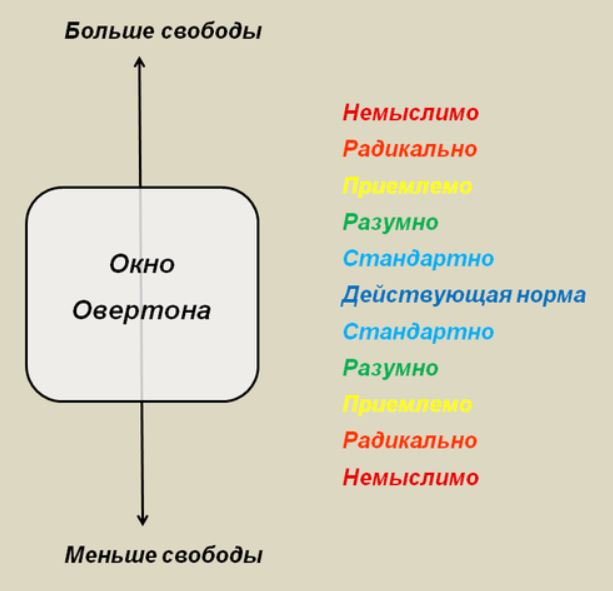“I used the Internet like a rotten station toilet, quickly and disgusted, as necessary, hardly looking at the inscriptions on the walls,” writes the main character of Victor Pelevin’s novel “The Love for Three Zuckerbrins” If we talk about the Internet in general, dishonorable comparison is inappropriate. But in the case of social networks (in our case, the Armenian section of Facebook), the words of that hero are close to reality.
Most people go to social networks to see who has written a curse word or at least an insult and who has responded in the same style. The most active (the “activists,” the “fighting type”) write their curses and insults and then log in every 5 minutes to check who “liked” the post, who opposed it, and creates the further “fight”․
The problem is that the vast majority of people (according to some psychologists, about 85 percent, but the number varies from country to country) are at the “infantilism” stage of spiritual development. This means, in particular, that a/ they are guided by public (group) stereotypes and, therefore, must always be in contact with their detractors or critics b/ any idea can be put into their head, which becomes “programming” of their thinking and behavior.
Moreover, over time, these ideas can be diametrically different: a simple example. Twenty years ago, the majority in Armenia was convinced that “without the Russians, we are lost,” but now they are sure that “if the Russians don’t leave here, we are lost.” These are small narratives. But it is possible to introduce ideologies, sectarian teachings, or simply prejudices into the brains of “infantile” people.
Read also
“Re-educating” that 85 percent makes no sense. It makes sense to send the right messages. And it should be done by those on higher levels of “infantilism” (in our age, social media reality). Unfortunately, the current political elite of Armenia have not yet risen to the next level.
While continuing the rotten toilet comparison, about 10-15 years ago, while traveling in Armenia, we had to use such toilets, usually small wooden cubicles near gas stations. Now, “Food Courts” have been built on the main highways, where restaurants, shops, and toilets are in average condition. Of course, I do not rule out that some people enjoy wooden cubicles and their inscriptions. It is already the choice of those people.
Aram ABRAHAMYAN























































